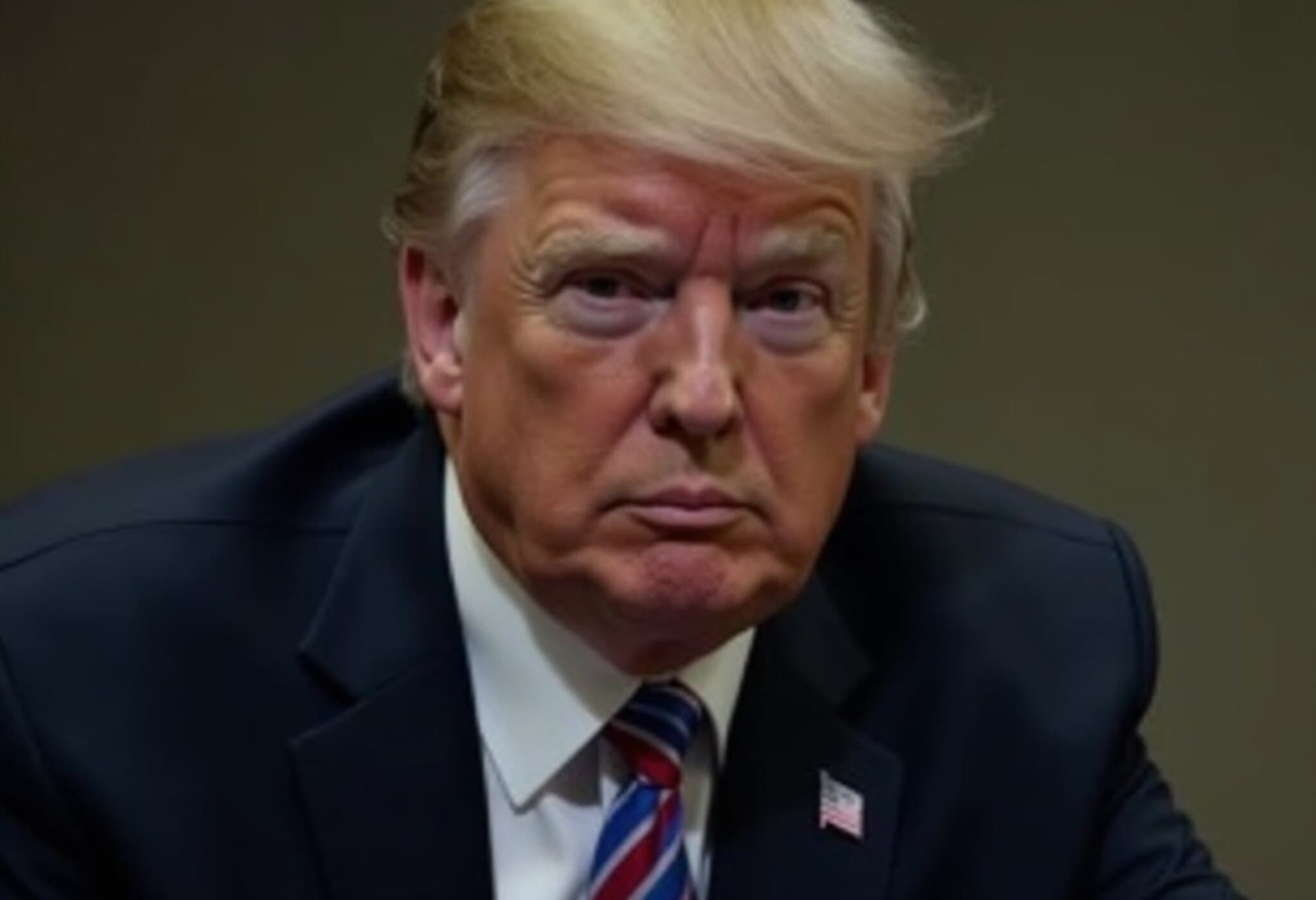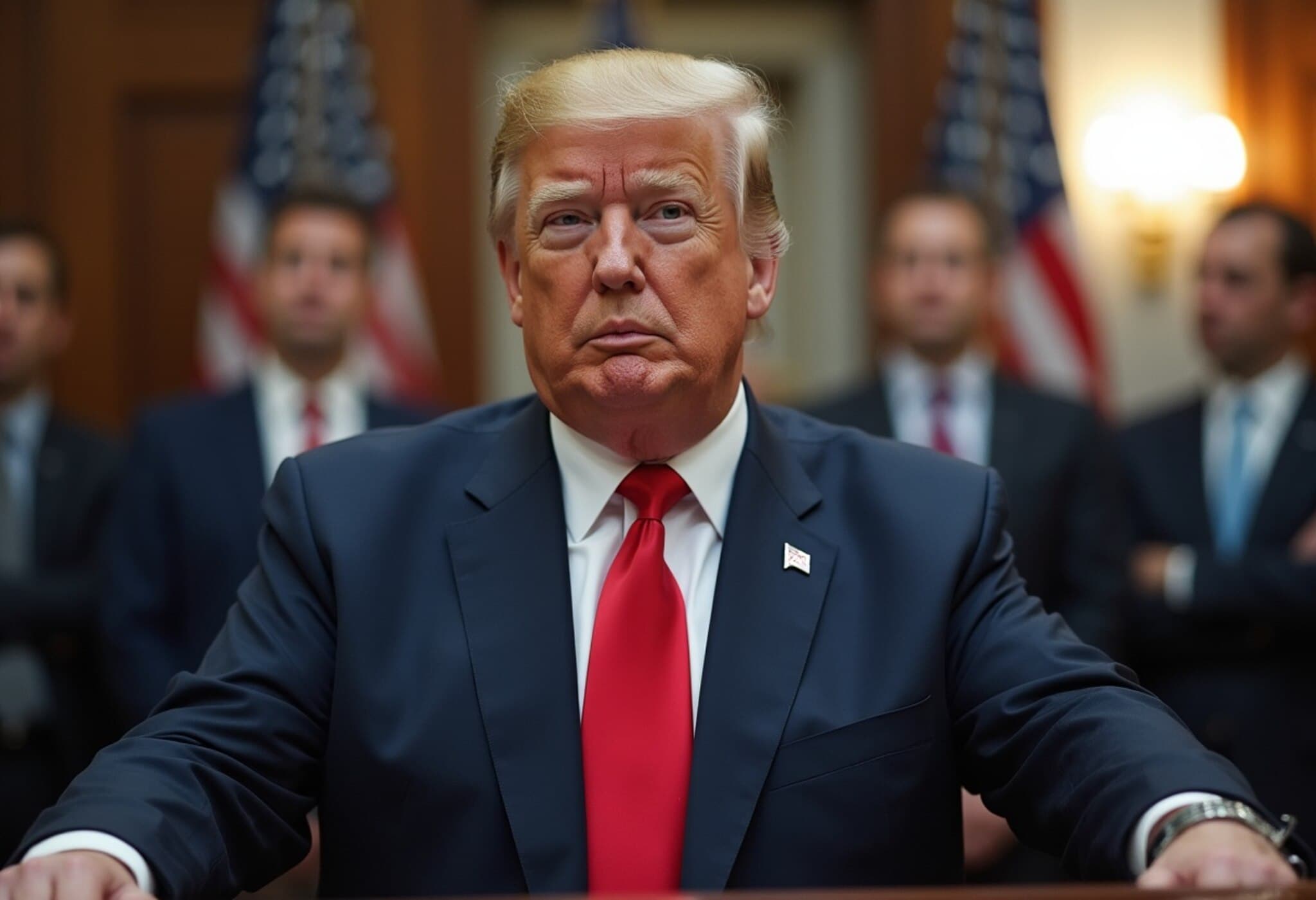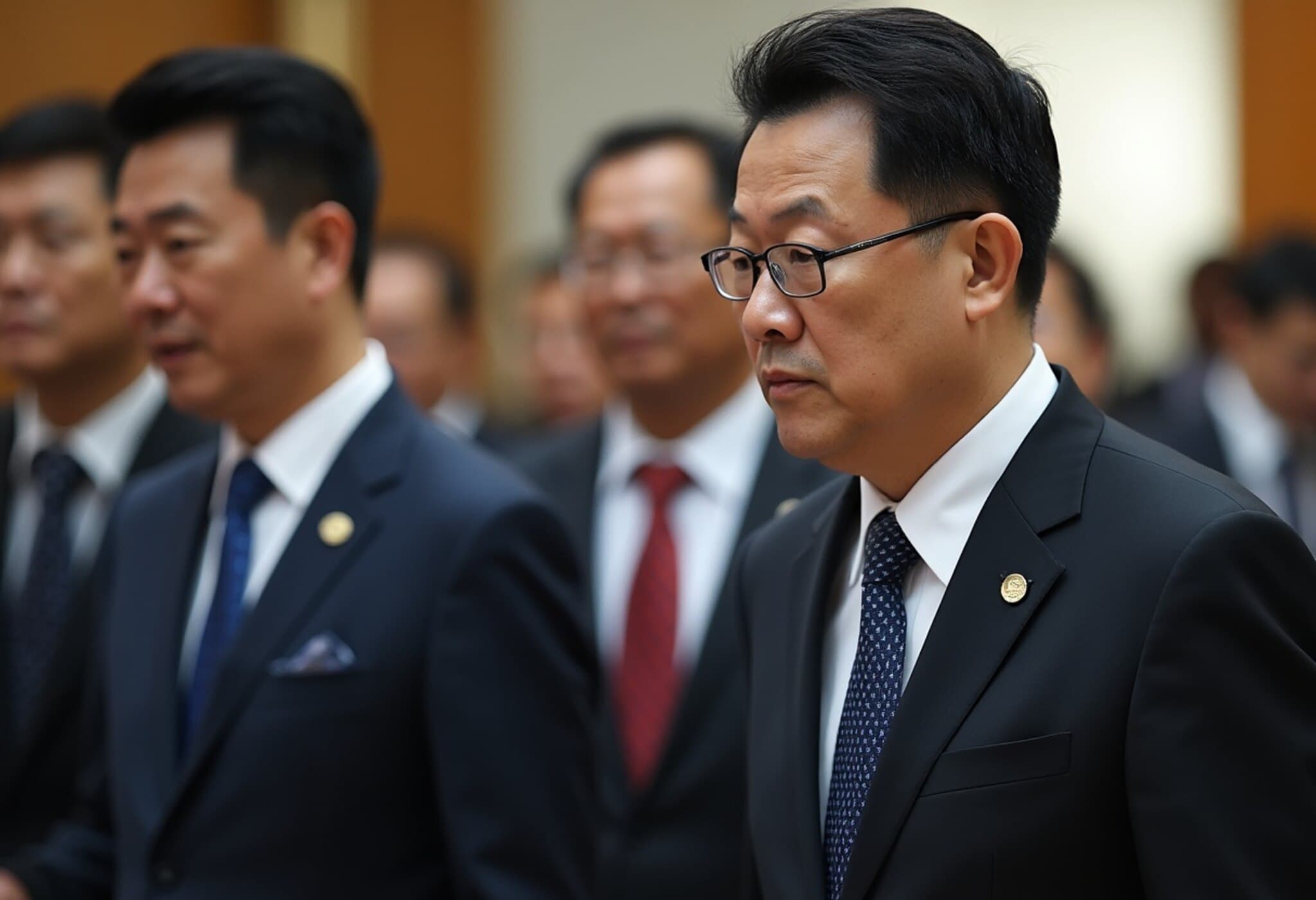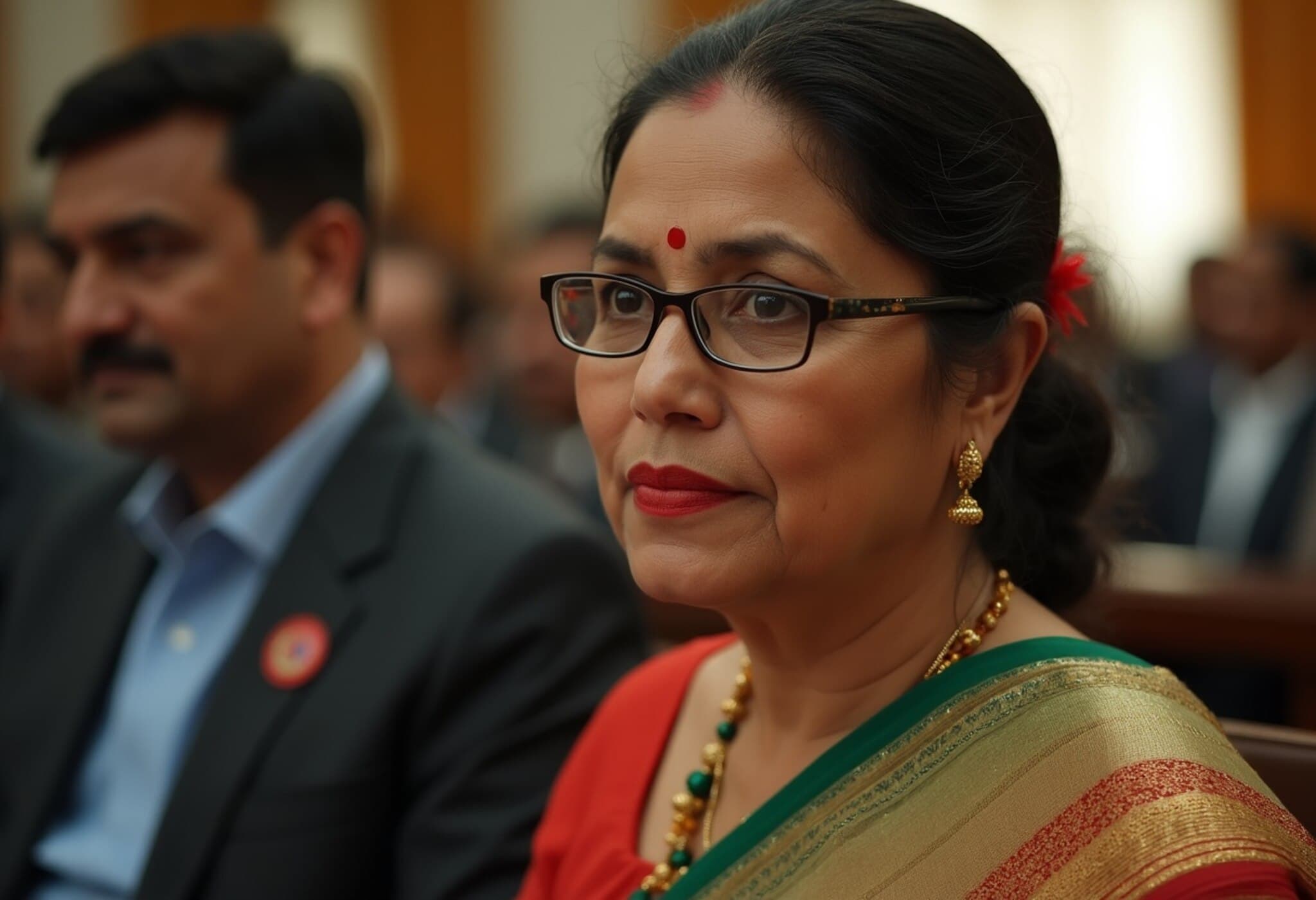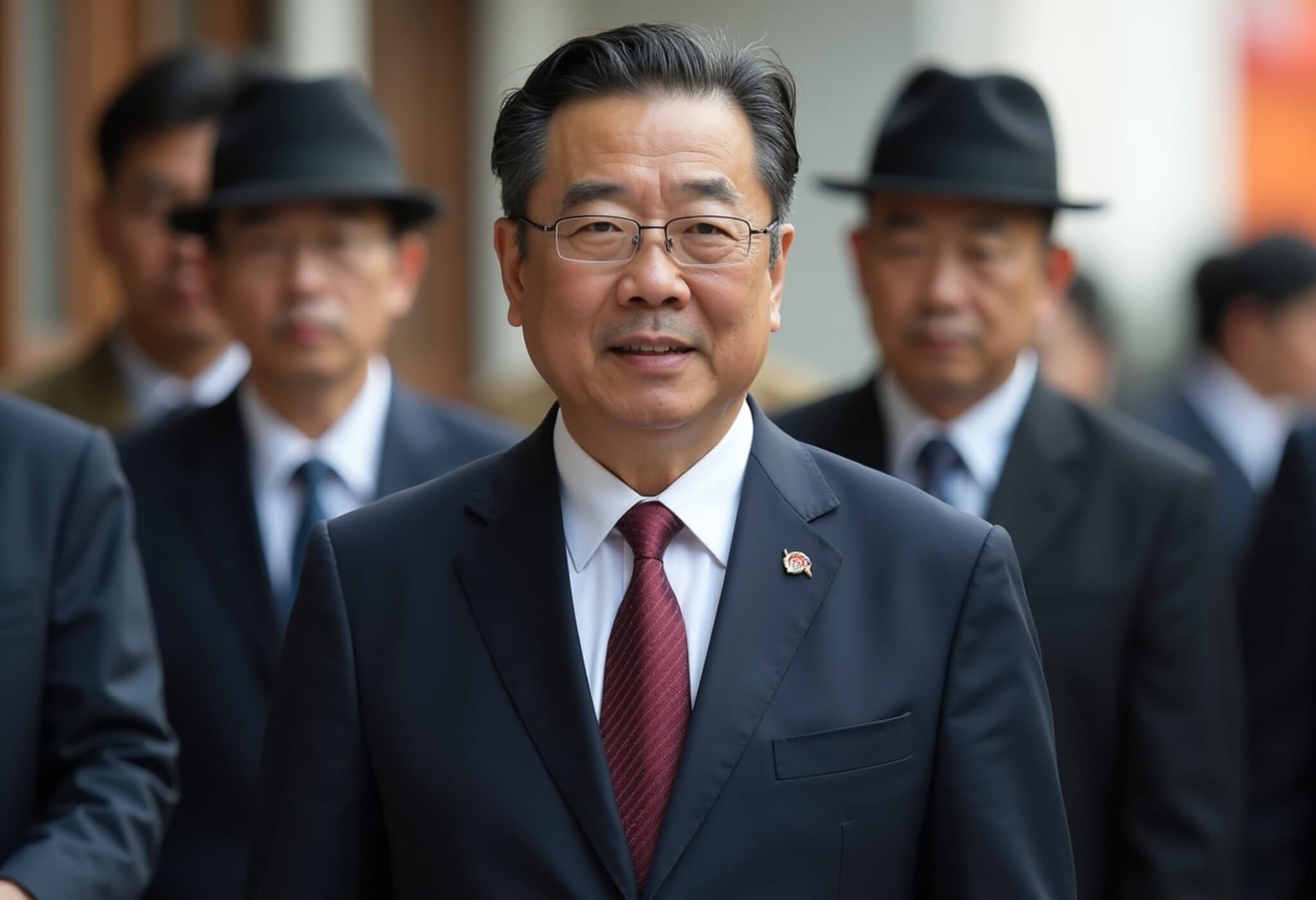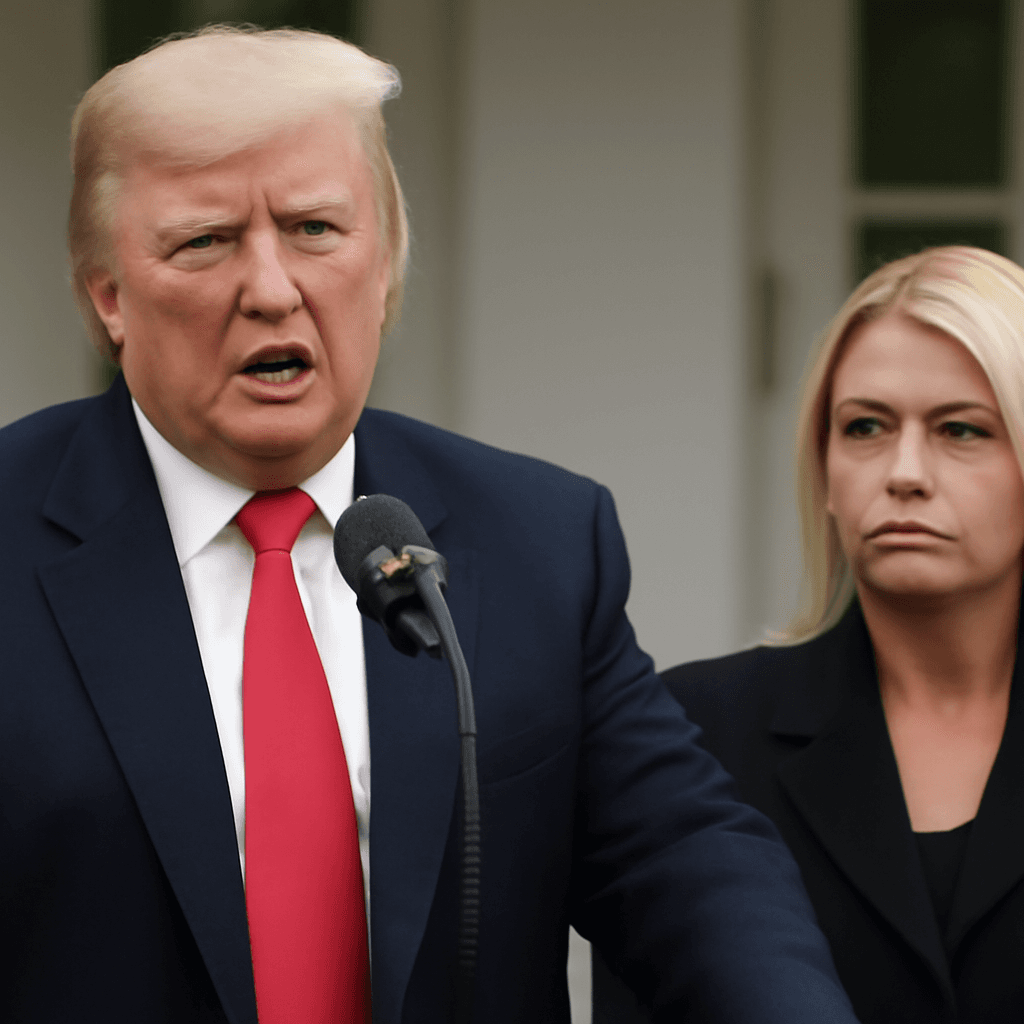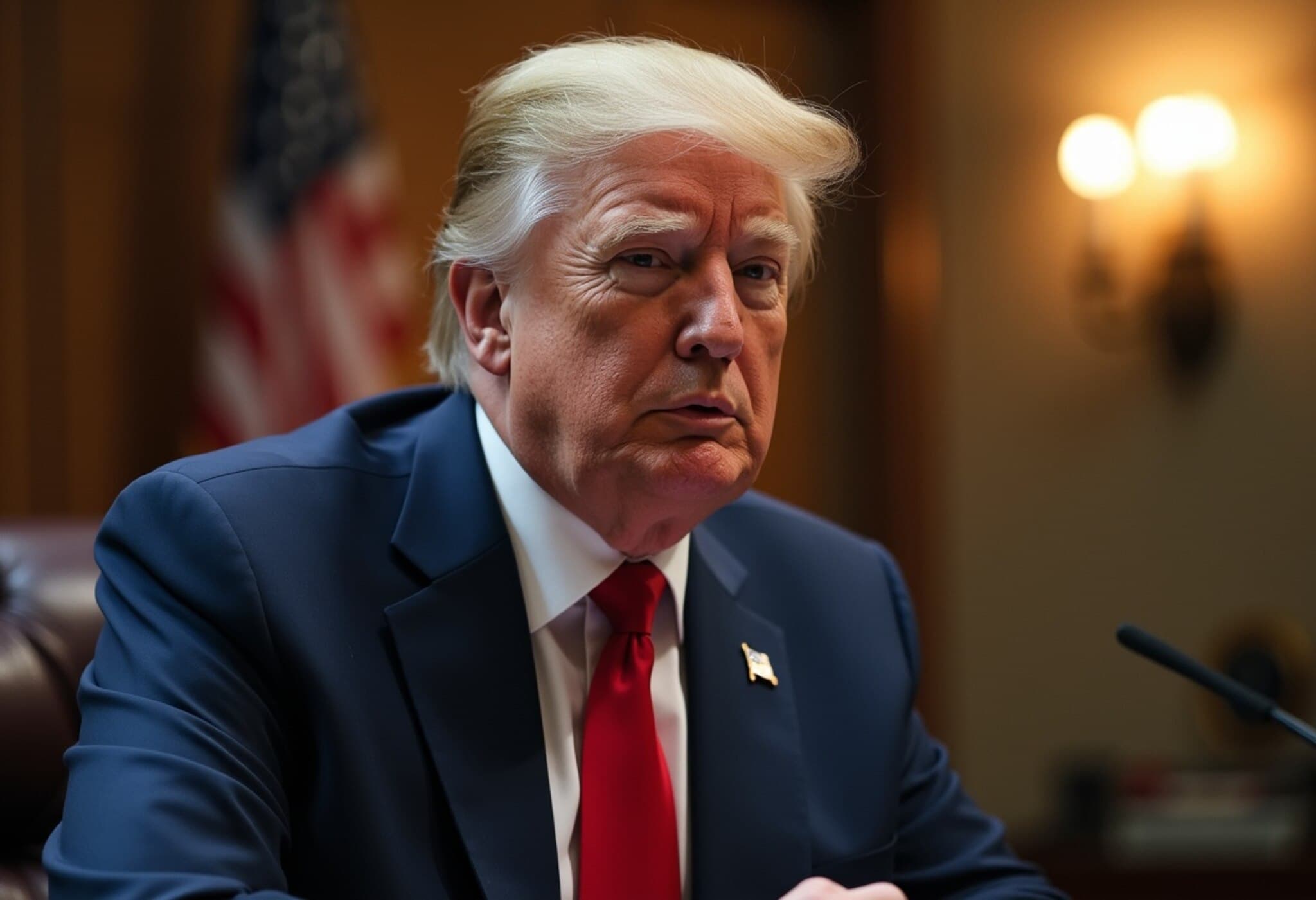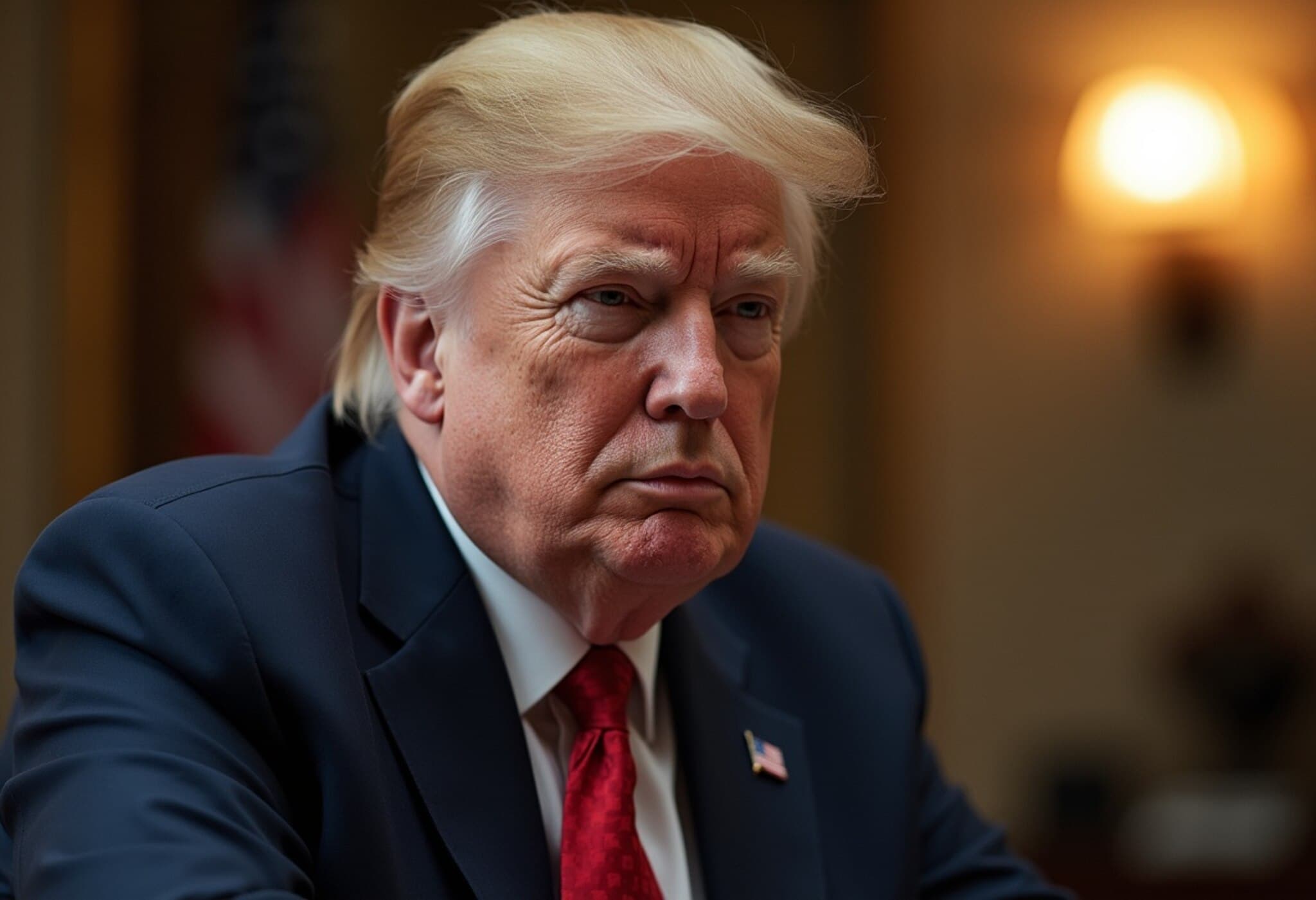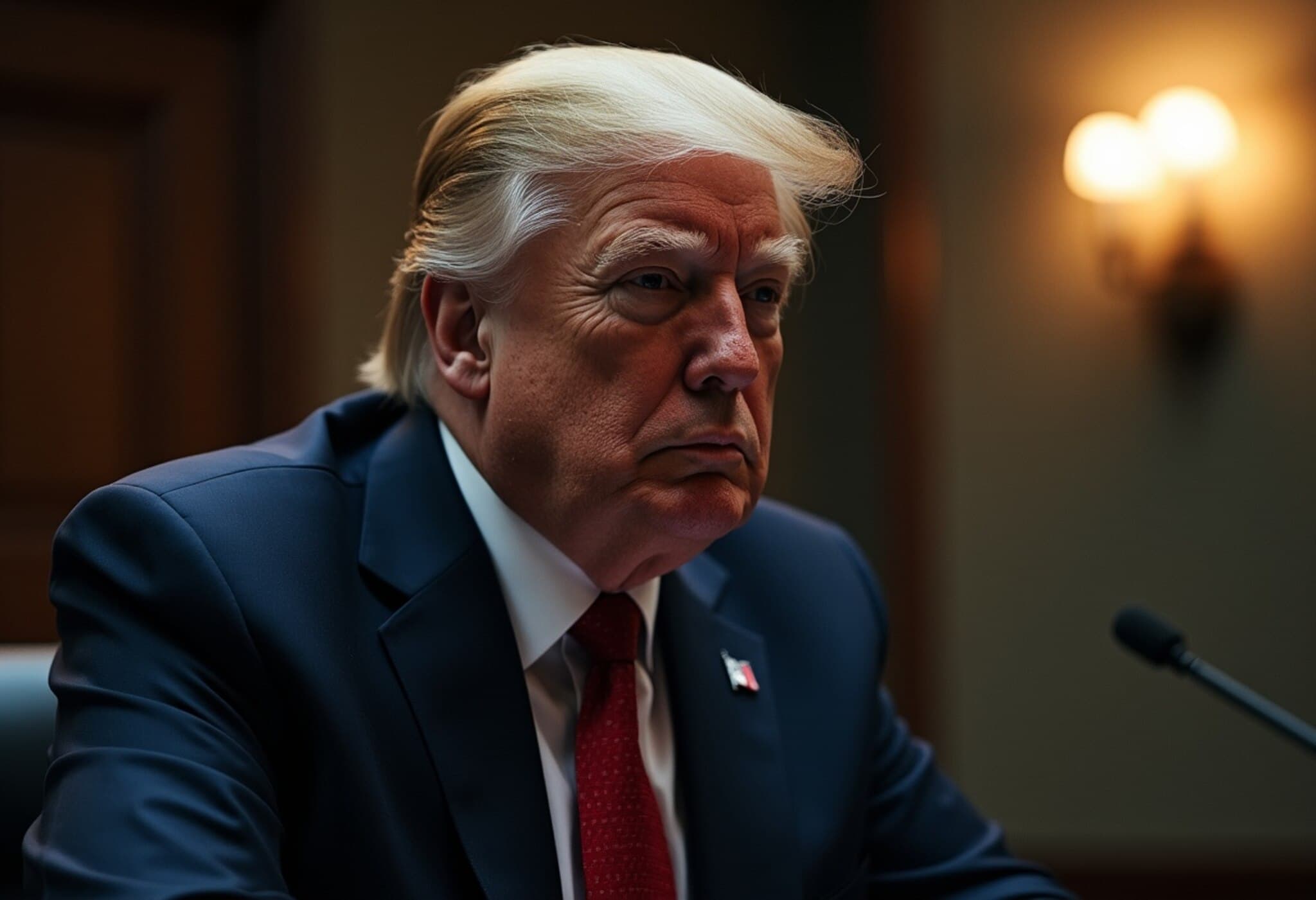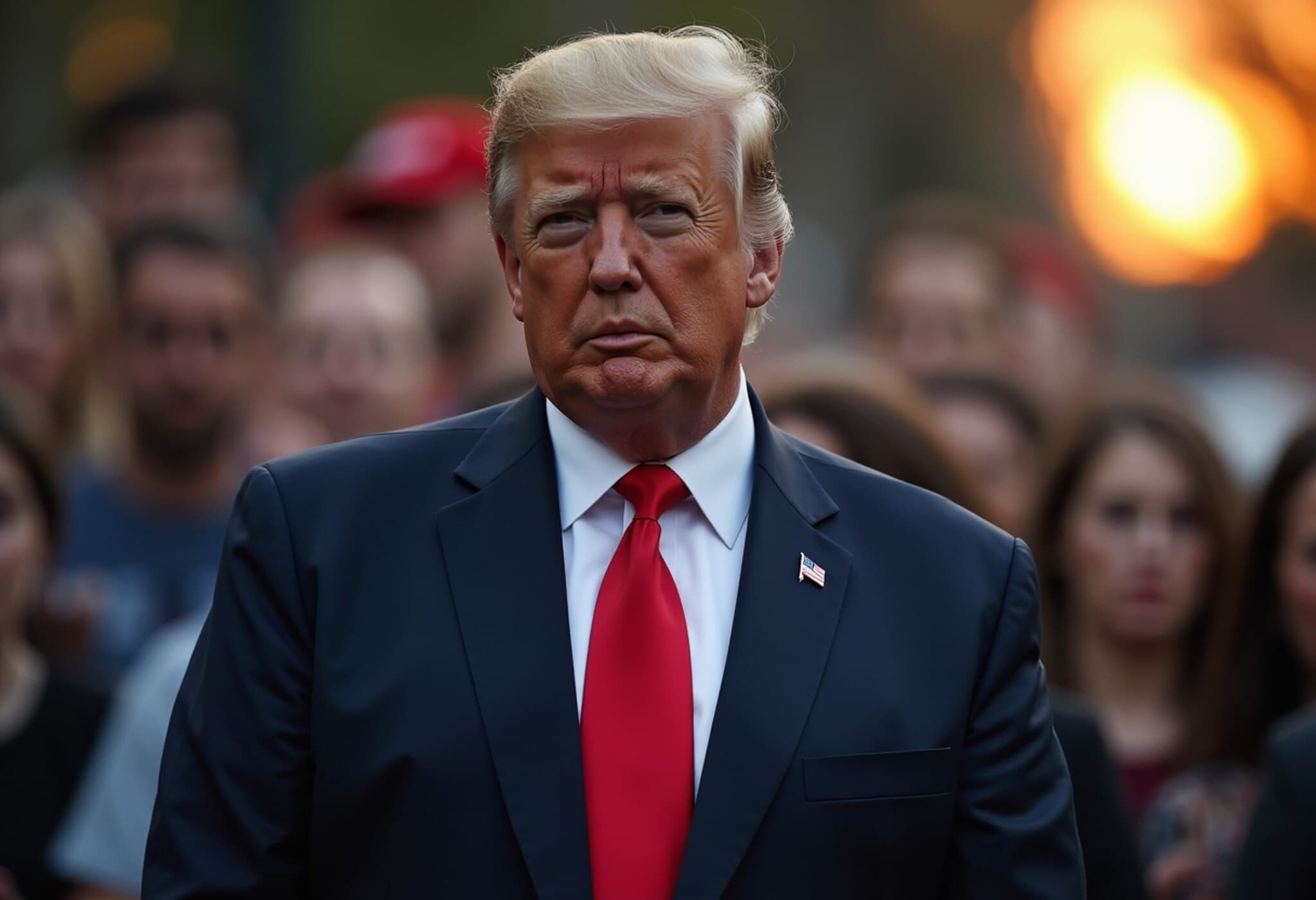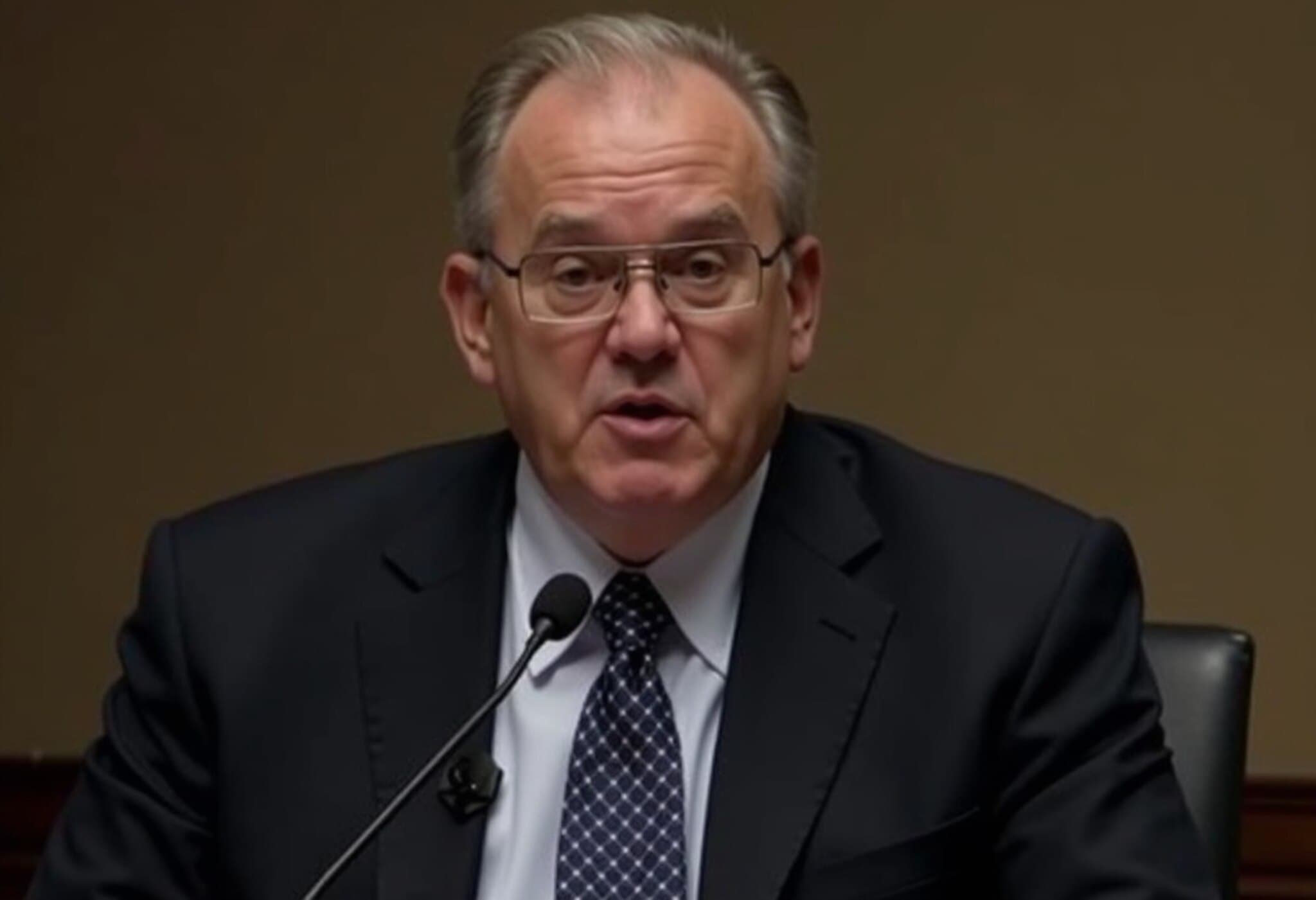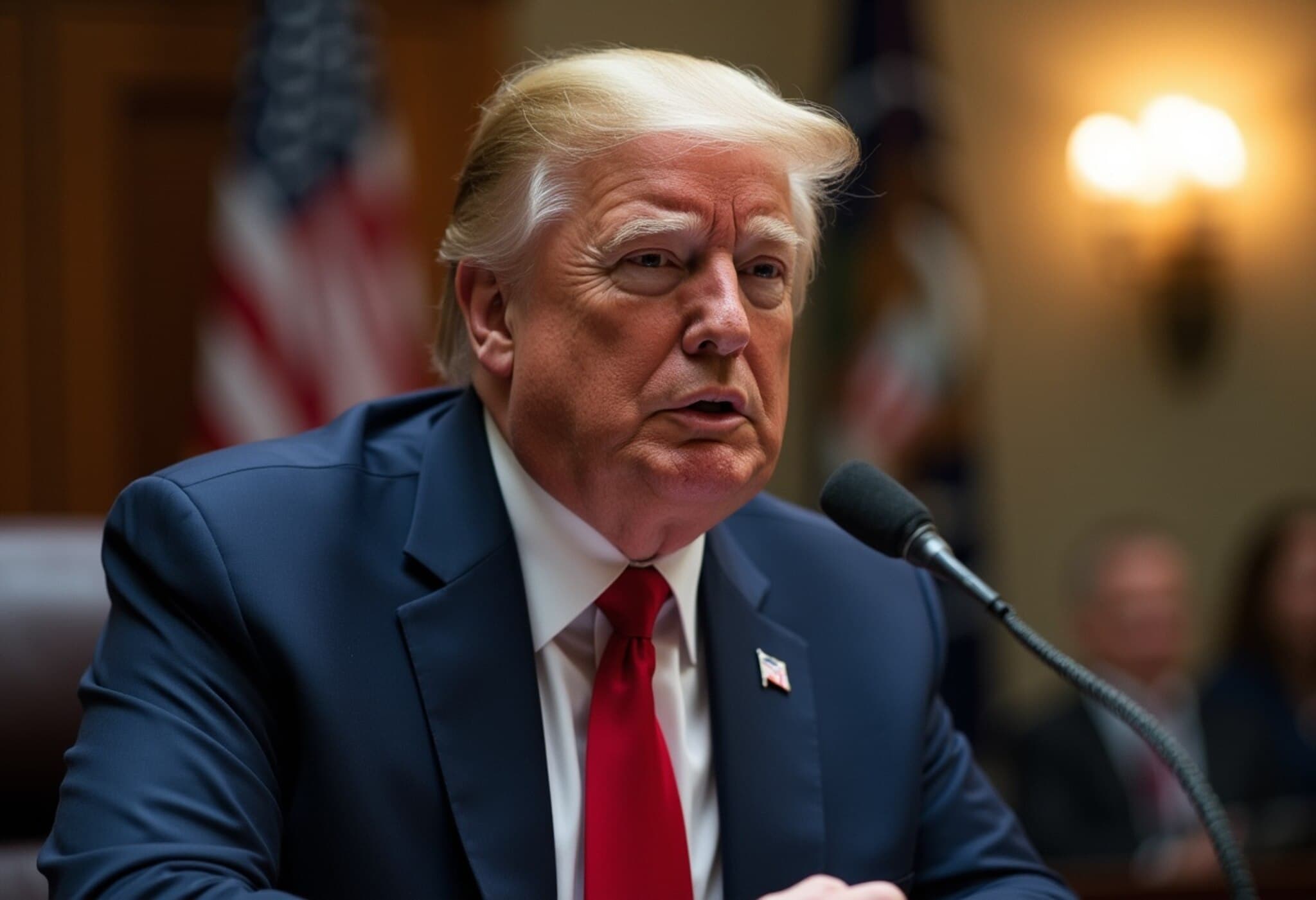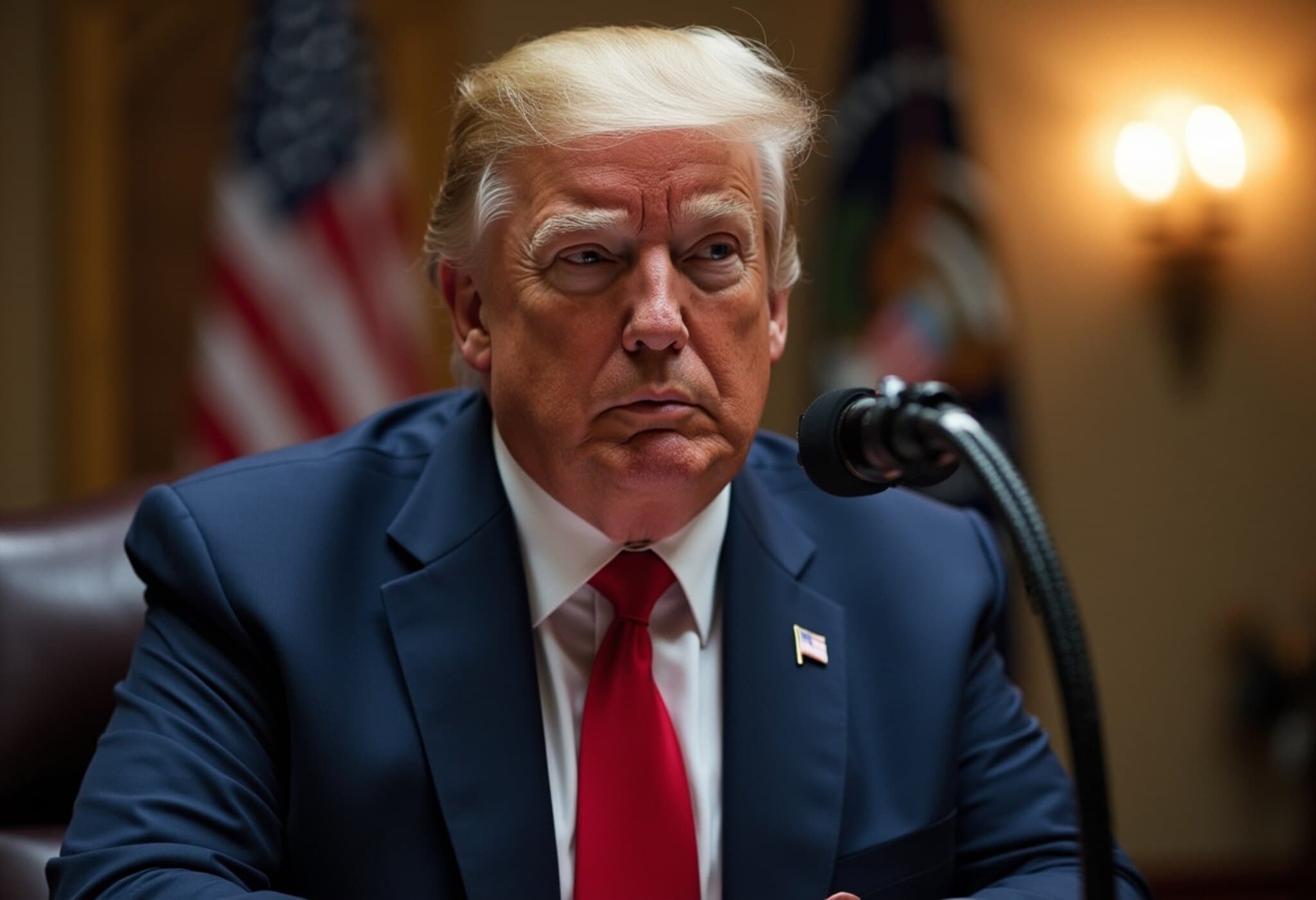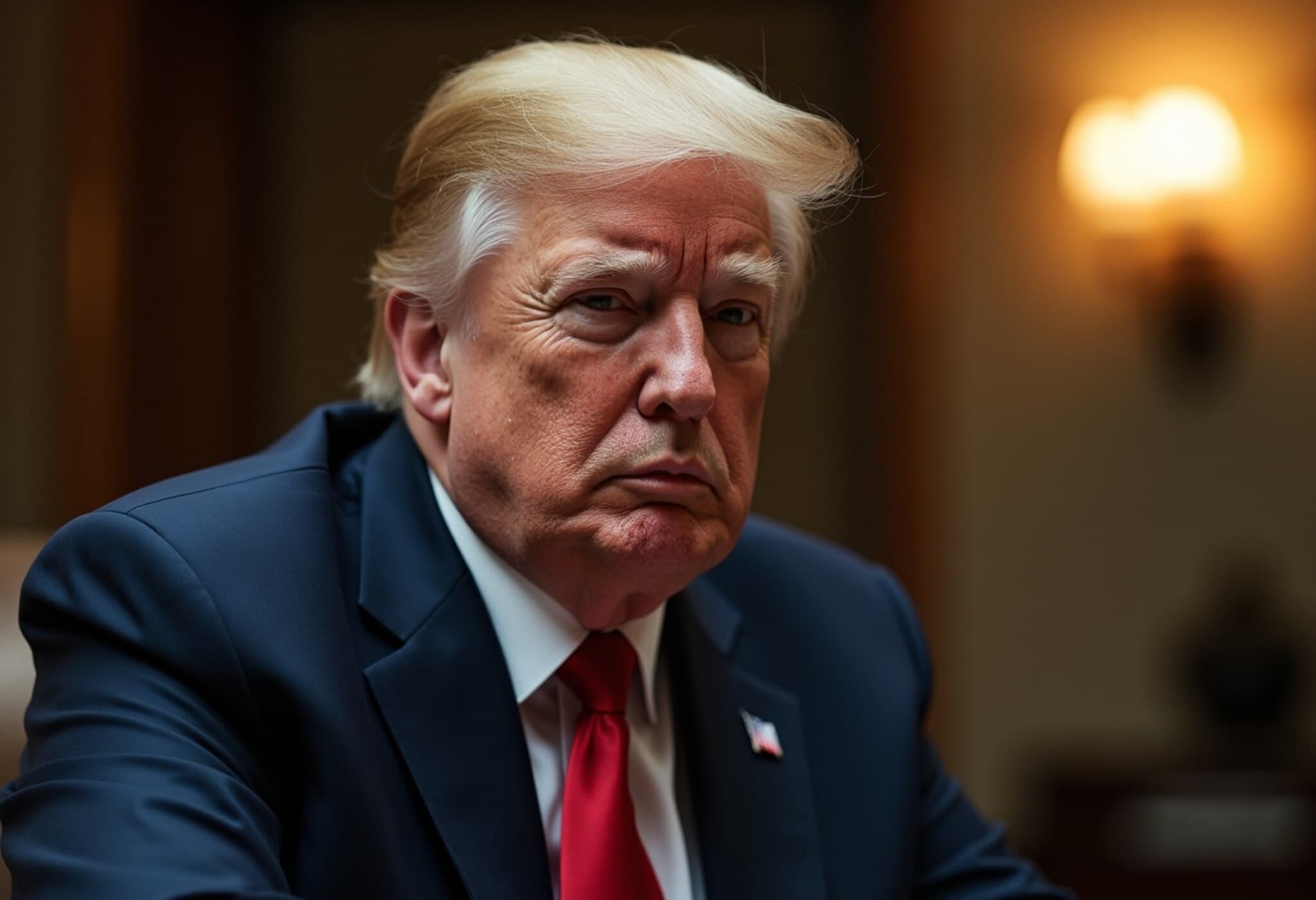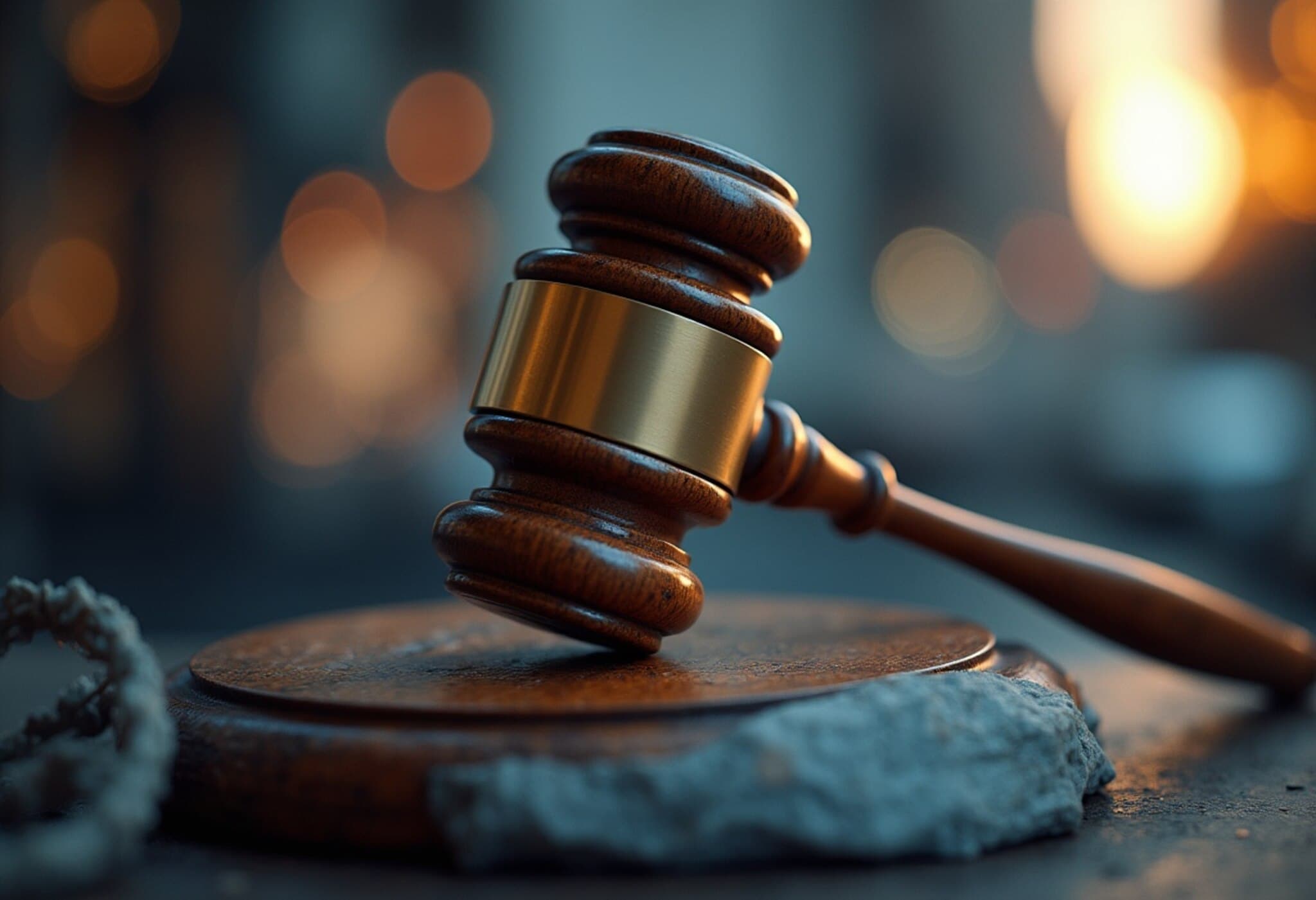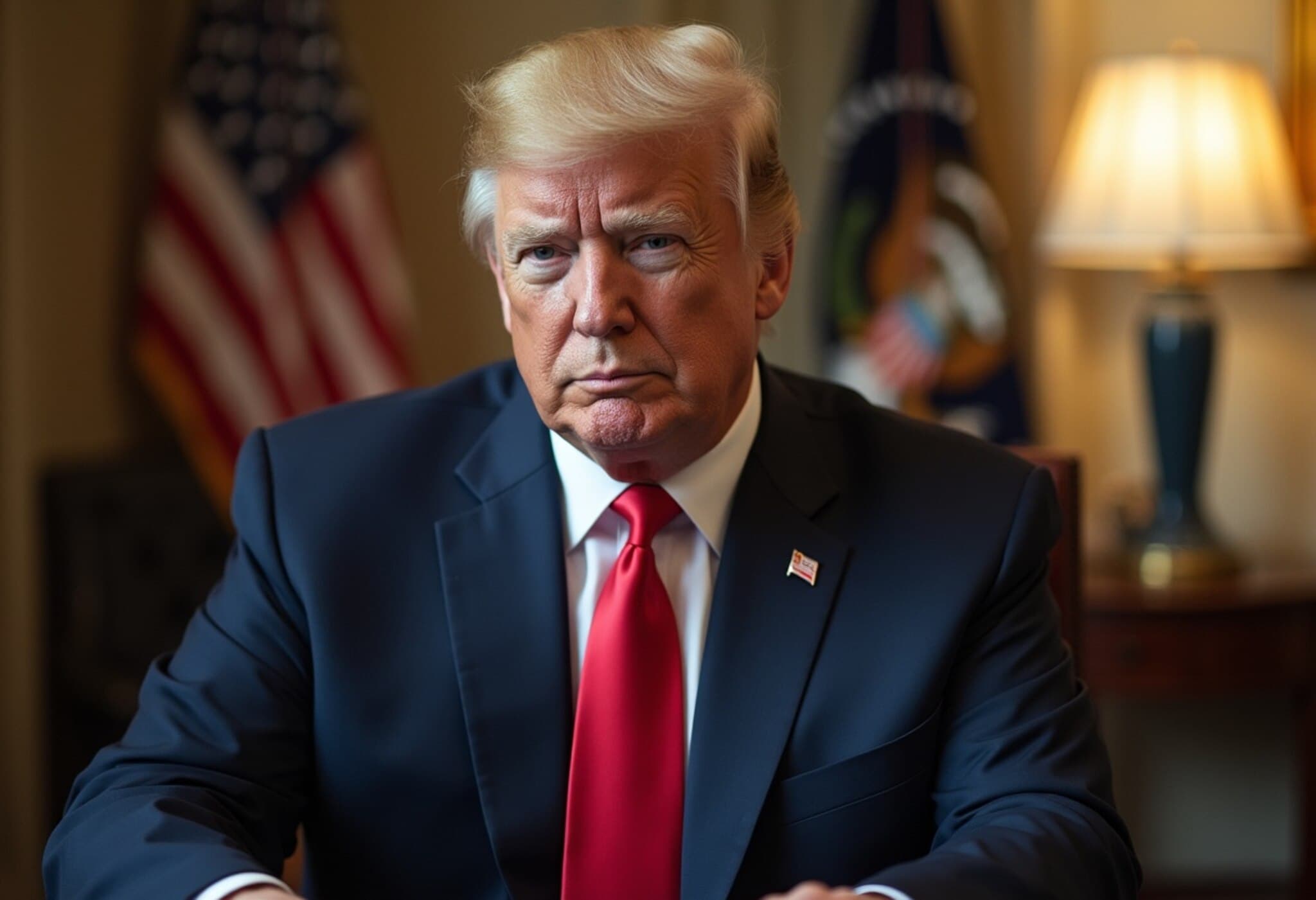Trump Declines Special Prosecutor Appointment for Epstein Case
In a move that has sparked renewed debate over the handling of Jeffrey Epstein’s controversial criminal case, the White House confirmed that President Donald Trump would not endorse the appointment of a special prosecutor to review the investigation into the late financier’s conduct. White House Press Secretary Karoline Leavitt made the announcement during a briefing on July 17, 2025, underscoring the administration’s stance on the sensitive matter.
Pressure Builds in Congress for Greater Disclosure
Despite Trump’s rejection, congressional demands for increased transparency regarding the Epstein case have intensified. Lawmakers from both sides are urging the Department of Justice (DOJ) to release the full extent of evidence compiled in connection to Epstein, who died by suicide in 2019 while awaiting trial on child sex trafficking charges.
Leavitt indicated that while Trump opposes a special counsel, he supports sharing any credible new evidence unearthed by Attorney General Pam Bondi and FBI Director Ash Patel with the public. “If any other credible evidence emerges, it should be disclosed to the American people,” Leavitt said, framing it as a commitment to transparency.
MAGA Base Calls for Special Counsel; Trump Labels It a Distraction
Interestingly, some of Trump’s staunchest supporters — including conservative activist Laura Loomer and former advisor Steve Bannon — have vocally pushed for a special counsel to independently investigate the Epstein files. Loomer described such an appointment as “the best thing the president can do,” while Bannon argued that the DOJ and FBI are overwhelmed in managing the case and that a special counsel reporting directly to Trump would restore credibility.
However, Trump has dismissed these demands, branding the push for more disclosure as a “scam” and a politically motivated “hoax” driven by “Radical Left Democrats.” This rhetoric highlights a growing rift within GOP and conservative circles regarding how to handle one of the most infamous criminal cases linked to sexual exploitation at the highest levels.
Background: Epstein’s High-Profile Connections and Controversies
Jeffrey Epstein’s criminal network included numerous wealthy and influential figures, with ties reportedly spanning politicians, royalty, and celebrities — including former President Bill Clinton and Prince Andrew of the United Kingdom. Trump himself has publicly stated that he distanced himself from Epstein many years before the financier’s arrest, though their past association continues to fuel public curiosity and suspicion.
Justice Department’s Partial Transparency and Recent Developments
Earlier in 2025, the DOJ released an initial batch of records related to Epstein, largely reiterating material already known to the public. Attorney General Bondi and FBI Director Patel vowed to uncover and disseminate any hidden records transparently, emphasizing their commitment to justice for Epstein’s victims.
Nonetheless, Bondi’s decision not to disclose further evidence recently frustrated many within Trump’s base who had demanded deeper revelations. Moreover, the Justice Department’s sudden dismissal of Maurene Comey — a federal prosecutor involved in Epstein-related cases and daughter of former FBI Director James Comey — has raised eyebrows. Comey’s email to colleagues expressed concerns about how her firing could instill fear among prosecutors, potentially undermining independent judgment and fueling doubts about the DOJ's impartiality.
Looking Ahead: Calls for Congressional Action
Meanwhile, bipartisan efforts led by Representatives Thomas Massie (R-KY) and Ro Khanna (D-CA) aim to force a House vote compelling the DOJ to release all records tied to Epstein. This legislative push represents a significant attempt to hold institutions accountable and respond to public demands for transparency.
Expert Analysis: Why the Epstein Case Remains a Political Flashpoint
The Epstein case is emblematic of larger challenges facing the American justice system when investigating individuals with powerful social networks. As a policy analyst specializing in legal oversight, I note that balancing transparency with procedural integrity is delicate — especially when political narratives risk coloring judicial outcomes.
The refusal to appoint a special prosecutor might be seen as an effort to retain DOJ control and prevent potentially politically charged investigations. However, it also risks increasing skepticism among the public about whether justice is truly served. The firing of a career prosecutor like Maurene Comey only deepens concerns about political interference.
For victims and advocacy groups, ongoing secrecy can exacerbate trauma and erode trust in institutions meant to protect them. Congress’s bipartisan interest suggests a rare alignment on the imperative for openness and accountability — but whether these efforts bear fruit remains to be seen.
Summary Box: The Epstein Investigation — Key Questions to Watch
- What credible evidence remains undisclosed, and will it ever see the light of day?
- How will the DOJ balance transparency with protecting the integrity of investigations?
- What are the implications of politicizing high-profile criminal cases involving influential figures?
- Can bipartisan congressional pressure effectively prompt further disclosure?
- What message does the firing of Maurene Comey send about prosecutorial independence?
Editor’s Note
The Epstein saga is far from closed, and its unfolding continues to test the resilience of American legal and political frameworks. As new developments emerge, readers should critically assess claims from all sides, recognizing the complex interplay between justice, politics, and public perception. At stake is not only the fate of a single case but the broader credibility of institutions tasked with upholding the rule of law.

